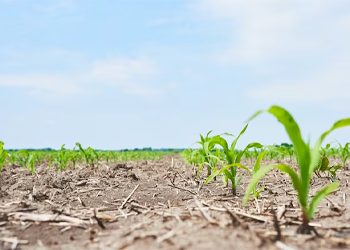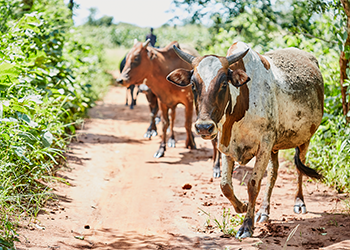
Responding to the dire consequences of the prolonged drought, efforts have been underway to alleviate the suffering of affected communities," remarks Musamba Mubanga, a specialist in Livelihoods and Climate Change Adaptation programs. The harsh reality of the 2018-2019 period saw dwindling water sources, depleted maize reserves, and the loss of precious livestock particularly in the southern regions of the country.
The repercussions are felt deeply as families struggle to put even a single meal on the table, leading to a surge in crime rates and soaring prices. The impact on children is profound, with many forced to forsake education in favor of supporting their families or battling poor concentration in classrooms due to hunger. The scarcity of water exacerbates the crisis, affecting agriculture, health, and nutrition in a cascading manner.
In response, initiatives like the emergency program aim to provide immediate relief by offering cash transfers, enabling vulnerable individuals to procure essential food items. Additionally, the establishment of village-based loan and savings groups seeks to cushion the blow of rising prices, while income-generating activities offer a semblance of stability in uncertain times.
A crucial aspect of the year-long endeavor is the focus on enhancing the nutritional status of underweight children, alongside efforts to raise awareness about the significance of proper nutrition, particularly among the youth. Furthermore, approximately nine thousand households are poised to benefit from initiatives promoting resilient agriculture practices, including training on seed selection and cultivation techniques geared towards weathering future climatic challenges.
The agricultural sector, upon which 60 percent of the Zambian population relies for sustenance, faces multifaceted threats ranging from drought-induced livestock losses to the pernicious spread of diseases like foot and mouth disease, East Coast Fever, and Anthrax. As such, bolstering agricultural resilience against climate-induced adversities emerges as an imperative for ensuring food security and safeguarding livelihoods in the face of uncertainty.
Comments (0)
Recent posts


Zambia cattle faming and the waste they ...
13 Mar 2024